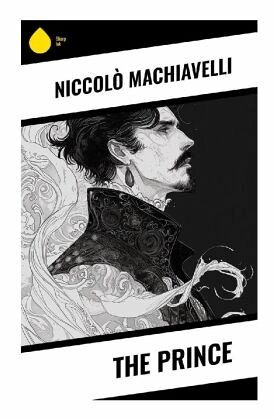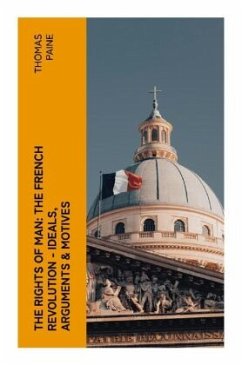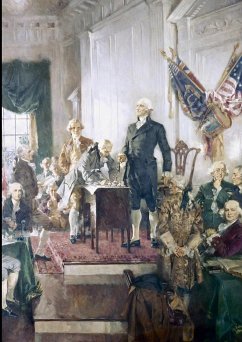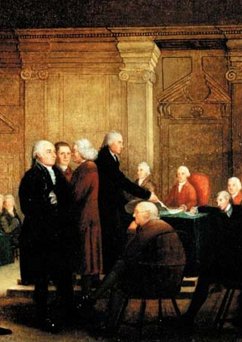
The Prince
Versandkostenfrei!
Versandfertig in 6-10 Tagen
8,40 €
inkl. MwSt.

PAYBACK Punkte
0 °P sammeln!
In "The Prince," Niccolò Machiavelli presents a seminal treatise on political power and strategy that remains profoundly relevant today. Written in 1513 and published posthumously in 1532, this work is characterized by its pragmatic, often ruthless approach to governance, challenging the then-prevalent ideals of virtue and morality in politics. Through sharpened prose and sharp wit, Machiavelli discusses various types of principalities, the qualities of effective rulers, and the often brutal realities of maintaining authority, firmly situating his ideas within the Renaissance context of emerg...
In "The Prince," Niccolò Machiavelli presents a seminal treatise on political power and strategy that remains profoundly relevant today. Written in 1513 and published posthumously in 1532, this work is characterized by its pragmatic, often ruthless approach to governance, challenging the then-prevalent ideals of virtue and morality in politics. Through sharpened prose and sharp wit, Machiavelli discusses various types of principalities, the qualities of effective rulers, and the often brutal realities of maintaining authority, firmly situating his ideas within the Renaissance context of emerging statecraft and political realism. Machiavelli, a diplomat and political theorist from Florence, drew from his own experiences in the tumultuous Italian city-states, which were marked by power struggles and upheaval. His exposure to the complexities of governance and the often precarious balance of fear and love in leadership culminated in a work that urges leaders to prioritize efficacy over idealism. "The Prince" reflects Machiavelli's disillusionment with the political order of his time and serves as an impassioned call for astuteness and cunning in rulership. Highly recommended for students of political science, history, and philosophy, "The Prince" offers essential insights into the art of governance and the human condition. Its relevance extends beyond the life of Machiavelli, making it a critical read for anyone seeking to grapple with the intricacies of power and leadership in any era.












